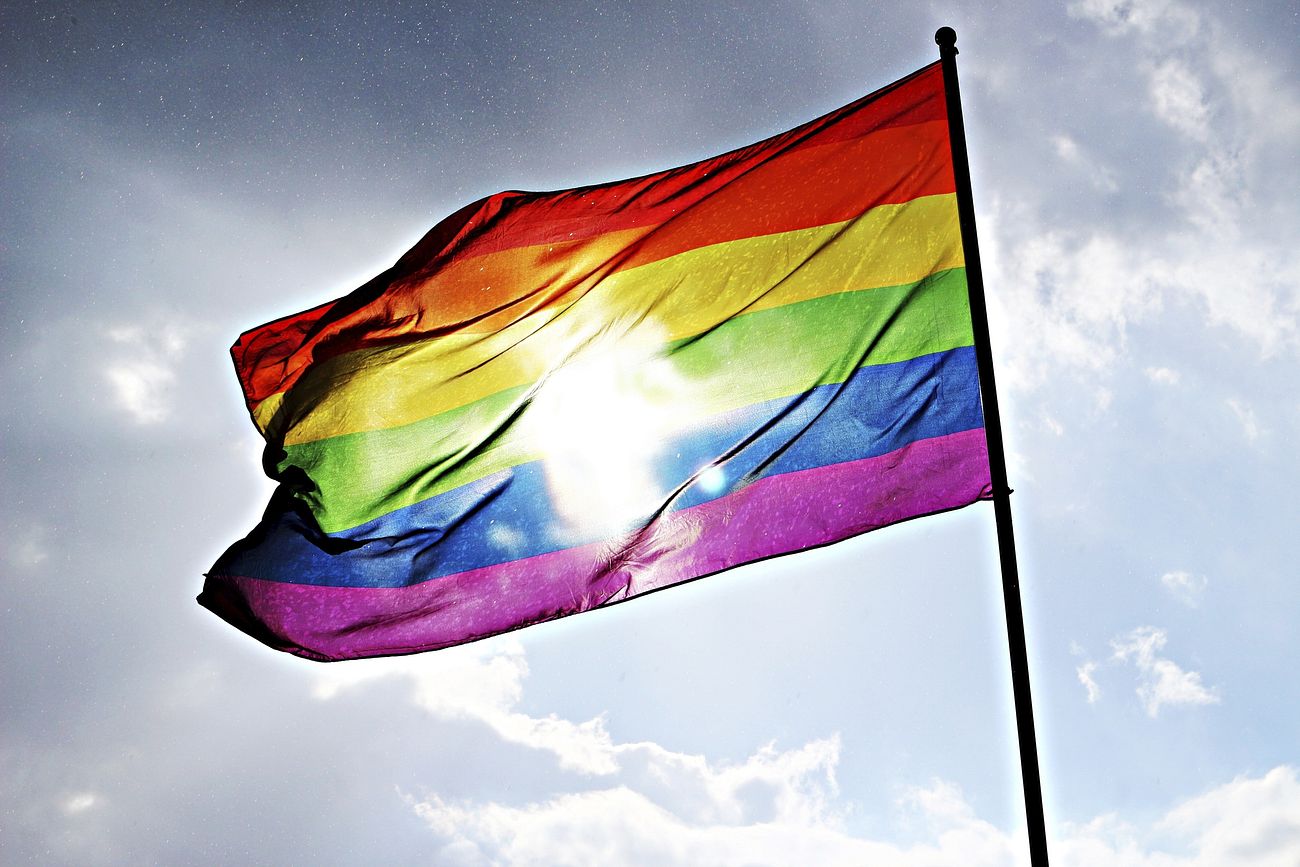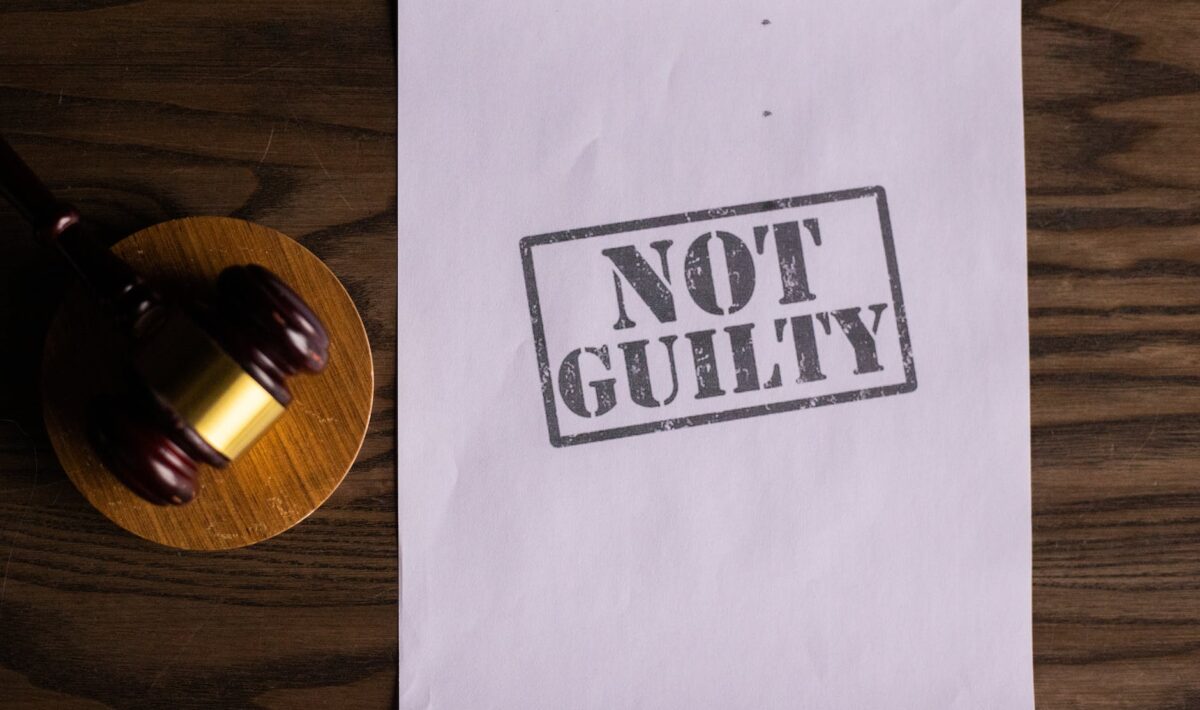Did you know that in Samoa it is a crime to forget your wife’s birthday? And that it’s illegal to name your child Monica in Guinea? Or that Namibia’s law is that livestock thieves go to jail for a minimum of 20 to 30 years—more than rapists or murderers? Why, you ask? Well, because that’s the system of rules that everyone in a country recognises and which can be enforced by the imposition of penalties known as laws.
In this article, we’ll empower young adults with must-know legal provisions, from their rights to navigating the digital world, equipping them with the knowledge and regulations that govern their world today so they can confidently face the future. Let’s dive in!
Fundamentals And Priorities
The Constitution is Namibia’s Supreme Law, according to Article 1(6). It is the source of all other laws; therefore, it takes precedence over other laws that are subordinate to it. The purpose of the Constitution is to set principles that will apply over and above the decisions of any government of the day.
Article 1 of the Constitution defines the Republic of Namibia as a “sovereign, secular, democratic, and unitary state”. The Constitution protects freedom of religion and belief; however, it is important to understand that Namibia, as a secular state, is not run in terms of any religion. This means that you can start your own religion or belief of choice, as the constitution specifies that the country is a secular state, prohibits religious discrimination, and provides for freedom of thought, conscience, and belief, as well as the right to enjoy, practice, profess, maintain, and promote any religion. These rights may be subject to “reasonable restrictions” justified by interests such as decency and morality.
Article 10(2) of the Namibian Constitution categorically states that “no person may be discriminated against on the grounds of sex, race, colour, ethnic origin, religion, creed, or social or economic status”.
Under Article 13, Namibia’s Constitution affords protection against searches through people’s homes and offices with impunity in an unrestrained search for evidence of criminal activities. The Constitution further directs that searches of people or their homes would only be justified when authorised by a judicial officer. There is an exception to the general rule that searches must be authorised by judicial officers: where there is a delay in obtaining a warrant, a warrantless search must be conducted in accordance with procedures prescribed by an act of parliament so as to preclude abuse.
Article 14 defines marriage as a relationship between two freely consenting adults, free to marry regardless of their “race, colour, ethnic origin, nationality, religion, creed, or social or economic status”. But we will dive into that one later in this article.
Law And Social Media

In Namibia, some law enforcement agents have adopted the disturbing practice of immediately taking a cellphone found on a suspect who has been arrested. It might be helpful to point out that an officer may, without warrant, arrest any person who is reasonably suspected of committing or having committed an offence under any law. A warrant is not necessarily a must when being arrested, as is the case in most Hollywood movies.
In most cases, suspects are asked to provide the passwords for access to data on their cellphones in terrorem (into or about fear) while dealing with the immediate psychological and emotional trauma of being arrested. This is a direct result of the fact that many Namibians are oblivious to and ignorant of their right to the constitutional protection of their privacy. As a result, in most cases, arrestees readily accede to unlawful requests for access to cellphone data without assistance from a lawyer.
Sisa Namandje, a legal practitioner and author of ‘The Law on Privacy and the Rationality Standard in Namibia’, emphasised his opinion that once a cellphone is in the hands of members of the police, they must, in view of the constitutional provisions of Article 13, seek a warrant before accessing private data on people’s cellphones.
Writing something defamatory about someone on Twitter or Facebook is classified as defamation or libel under common law. Essentially, the dignity and privacy of all people in the republic are constitutionally enshrined and protected rights. Additionally, the sharing of recordings of obscene, indecent, and pornographic material in graphic and explicit videos, as defined by The Communication Act, 2009 (Act No. 8 of 2009), Section 11, provides for punishable miscellaneous transgressions by means of telecommunication devices and by knowingly sharing images or films that are obscene, lewd, or indecent, with the intent to annoy, abuse, threaten, or harass another person. This covers all social media platforms and electronic communication.
Same-Sex Marriage

Nowadays, in every corner of Namibia where there is a discussion on legal-related matters, you can bet your last dollar there is a discussion on same-sex marriage as well. This has been highlighted by the Digashu case, where the Supreme Court ruled it was a violation of the constitutional rights to equality and dignity to recognise opposite-sex, but not same-sex, marriages for immigration purposes. The Supreme Court ruling on same-sex marriages only applies to foreign spouses married to Namibian citizens abroad in terms of valid foreign legislation. On the contrary, the ruling does not infringe on the Constitution.
So why the outcry? Well, Swapo leader Jerry Ekandjo introduced a “private members bill” aimed at undercutting the decision that forced the government to accept gay couple marriages conducted in a foreign country as legal. Keep in mind that at the turn of this century, Ekandjo, using his position as home affairs minister, led parliament to pass a stock theft law that forced courts to send livestock thieves to jail for a minimum of 20 to 30 years—more than with rapists or murderers. The urgency to change the law followed reports that goats, sheep, and cattle were stolen from Ekandjo’s farm.
Swapo’s marriage policy appears oblivious to the fact that the concept of family has evolved over time. It is equally important to stress that the fundamental rights provided by Article 22, which provides that no law should be aimed at a particular individual or group for it to qualify as a justifiable and reasonable limitation, cannot be bartered away.
According to Dianne Hubbard, who has been the coordinator of the Gender Research and Advocacy Project at the Legal Assistance Centre for 30 years and now works as a legal consultant, if the proposed bills are passed, they will almost certainly end up back in the Supreme Court when they are challenged on constitutional grounds, and the provisions that seek to contradict the Supreme Court ruling in the Digashu case will almost certainly be struck down.
Ruling parties come and go (except in Namibia, thus far), but the Constitution is a set of values that is supposed to persist for all time. The rights in the Constitution ought to be interpreted expansively and not restrictively, as suggested by certain political parties, politicians, churches, moralists, and others.
Namibia, with its diverse population, is home to many minority groups that enjoy the protection of our Constitution. It is particularly important for the protection of minority rights and for enabling individuals to assert their rights against the government.
There you have it! So, if you had the power to pass a law, what would it be and why? As for me, I’ll ‘Ban Selfies with Food’ because it’s not like the food tastes better if you take a picture with it. And I also don’t want to scroll online and get hungry all the time.



